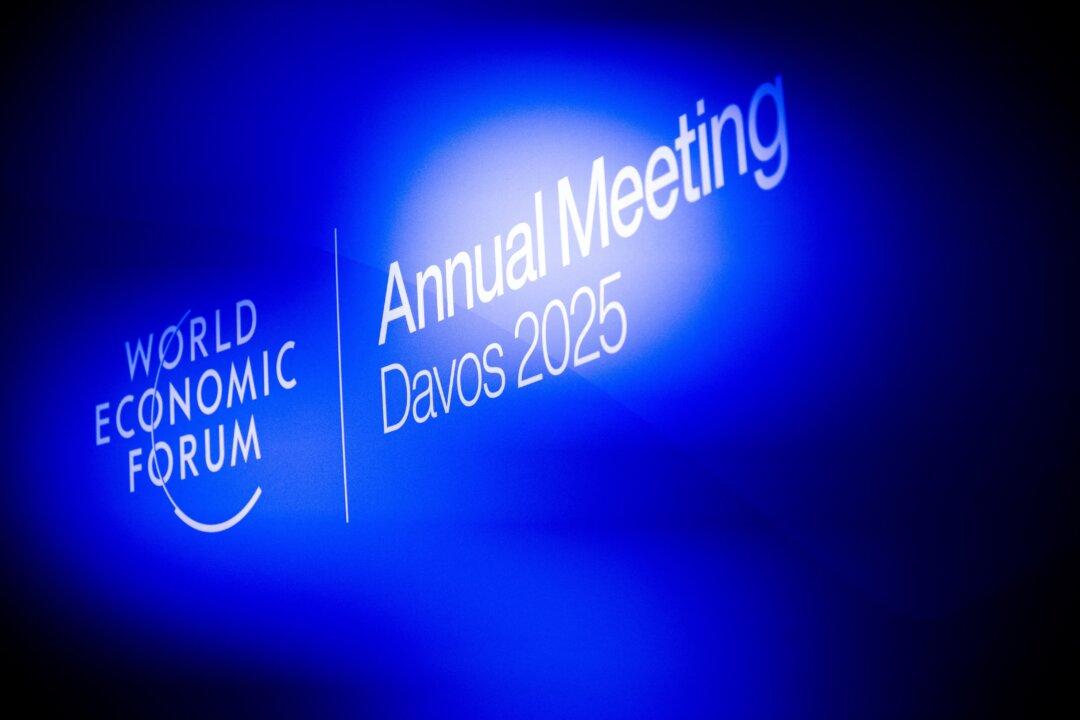WASHINGTON—President Donald Trump will address the world’s most powerful and wealthiest people on Thursday at the World Economic Forum (WEF) in Davos, Switzerland. His speech will be delivered via videoconference.
At last year’s Davos summit, Trump’s record-breaking primary win in Iowa had raised concerns among some business and political leaders, especially in Europe. The possibility of his return to the White House was a major topic of discussion throughout the event.





